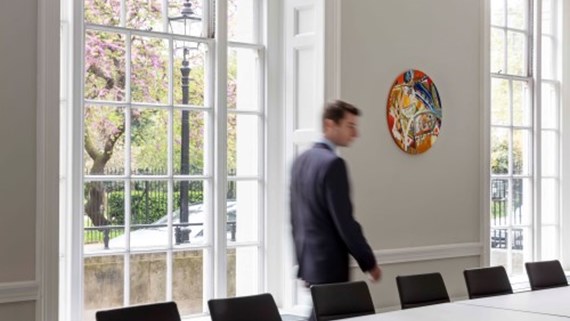The Digital Copyright Directive
Insight

The new “Digital Copyright Directive” was adopted by the Council of the EU on 15 April and will need to be implemented by EU governments within two years (circa spring 2021). How exactly it will affect the UK depends on Brexit but, in light of the UK Government’s support for the Directive to date, legislation that generally reflects the Directive is likely to be passed even if there is no legal obligation to do so.
The Directive marks a conceptual and legal shift in favour of rights’ holders (including press and other publishers) and away from internet companies and search engines. How valuable the legal rights prove to be from a commercial perspective remains to be seen, but publishers in particular are seeing this as a step in the right direction.
Notably, Article 15 (formally Article 11), grants press publishers (excluding scientific and academic journals) a two-year term of protection against online sharing of their publications by internet companies. Internet companies are not prevented from hyperlinking to press publications or from sharing “very short extracts”. For anything more than that though, internet companies will need authorisation from the press publisher which could be in the form of a licence agreement (Article 17 (formally Article 13)). This licensing obligation in theory provides press publishers with an enhanced opportunity for fair remuneration in return for exploitation of their publications; however, how such licensing arrangements will be negotiated and operate in practice will be interesting to see develop.
The Directive therefore provides (in theory) certain benefits for press publishers. But, also being exploiters in the copyright food chain, press publishers also need to be alive to (including preparing to resource) new responsibilities owed to their journalists and photographers. For example, journalists and photographers who license or transfer rights to the press publisher for the exploitation of their works may be entitled to:
- receive “an appropriate share of the revenues receive[d]” by the press publisher from internet companies for use of a press publication which includes the journalist or photographer’s work (Article 15)
- receive appropriate and proportionate remuneration generally (Article 18)
- receive, at least once a year, up-to-date, relevant and comprehensive information on the exploitation of their works (for example about modes of exploitation and all revenues generated and remuneration to date) (Article 19)
- claim additional, appropriate and fair remuneration from the press publisher when the remuneration originally agreed turns out to be disproportionately low compared to all the subsequent relevant revenues (Article 20), and
- revoke a contract for the exclusive exploitation of a work where the press publisher is failing to exploit it (Article 22).
If you require further information about anything covered in this briefing note, please contact Natalie Rimmer or Ben Pass, or your usual contact at the firm on +44 (0)20 3375 7000.
This publication is a general summary of the law. It should not replace legal advice tailored to your specific circumstances.
© Farrer & Co LLP, April 2019







